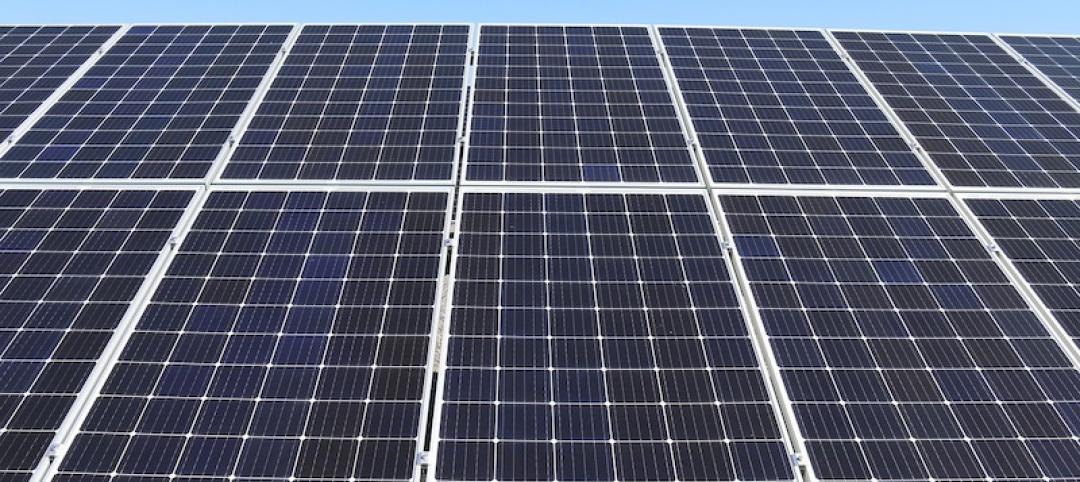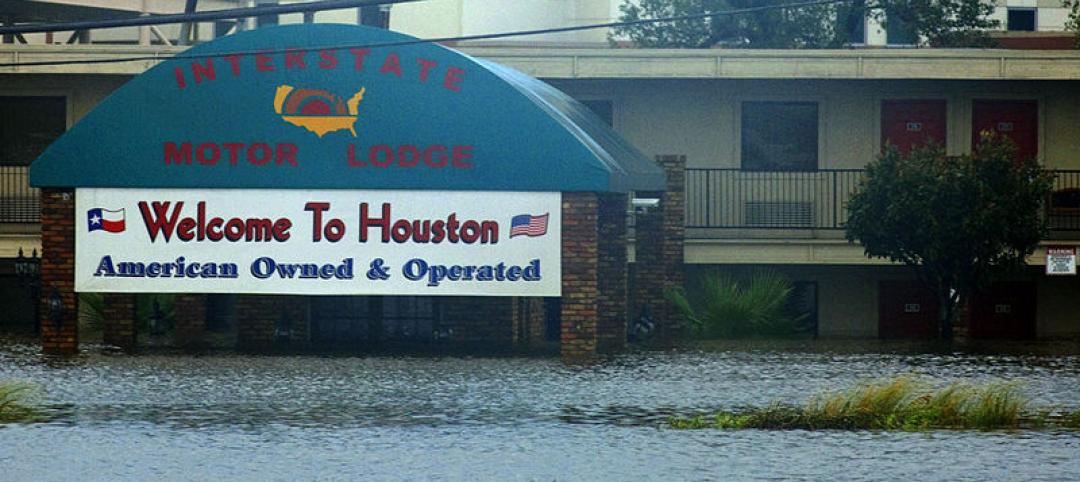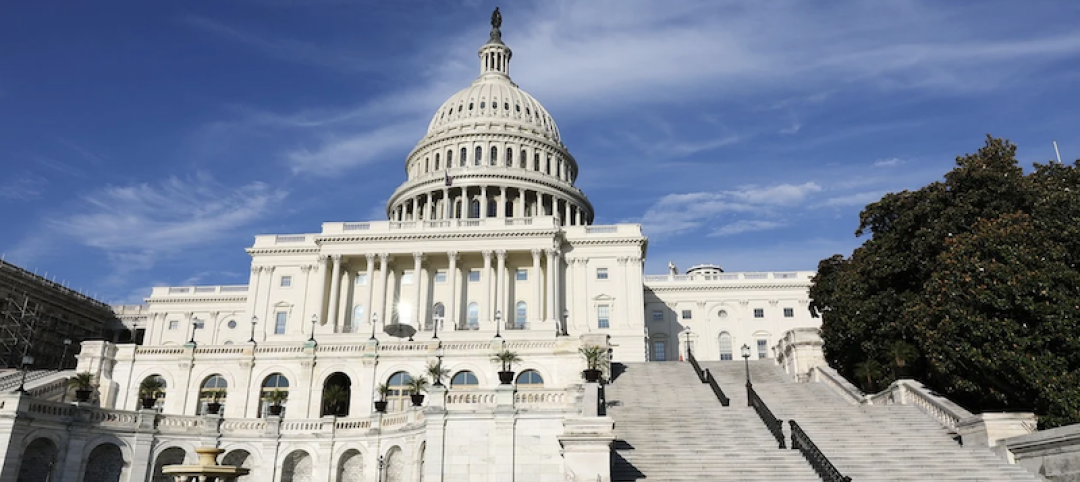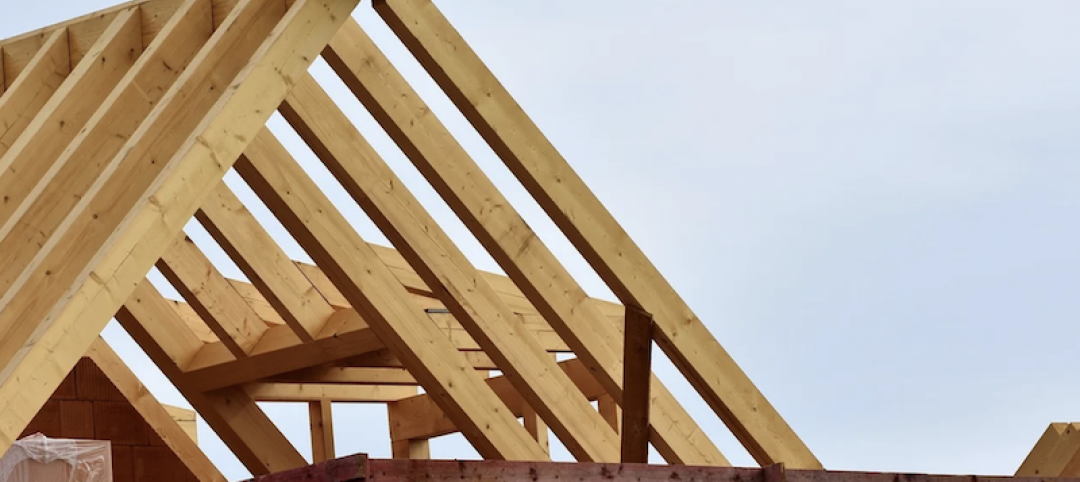The 2021 Hospital Energy and Water Benchmarking Survey by Grumman|Butkus Associates found that U.S. hospitals’ use of fossil fuels is declining since the inception of the annual survey 25 years ago, but electricity use is dipping more slowly.
The average combined Btu/ft2 (electricity plus gas/steam) for participating facilities was 236,743 in this year’s survey, up from 233,491 in 2019. “However, interpretation of year-to-year trends should be tempered by the realization that the respondent pool for the 2021 survey was different from the pool from the 2020 edition, due to the stresses that COVID-19 response placed on the healthcare facility personnel who normally participate, particularly during 2019,” according to a news release.
Hospitals’ average carbon footprint has remained fairly steady at 50 to 60 pounds of CO2 equivalent per square foot per year since GBA began calculating carbon data in 1999. CO2 footprint in 2020 was up from a low in 2019 (likely attributable to a change in respondents for the 2020 survey), but still shows an 18% decrease from 2018.
“To meet the ambitious goals put forth by the Biden Administration, hospitals will have to achieve much more significant reductions in the near term,” says GBA-Illinois Chairman Dan Doyle. “These reductions can only be achieved by implementing larger and more costly retrofits of existing buildings.
“The drive to decarbonize will also require building owners to embrace fuel switching to renewable-based energy sources. Many leading healthcare systems are implementing on-site renewables (usually solar photovoltaic systems), as well as off-site renewables, often funded through Power Purchase Agreements (PPA) to purchase some or all of their electricity.”
Related Stories
Codes and Standards | Jan 11, 2021
Zero Energy Buildings growth driven by government policy, stringent codes, technologies
Restraints include high upfront cost, and lack of universal definition and approaches.
Codes and Standards | Jan 11, 2021
HUD releases new Fair Housing Act design and construction requirements
First update of ‘safe harbors’ in 15 years provides better clarity for design and construction firms.
Codes and Standards | Jan 8, 2021
Court ruling gives UpCodes upper hand in fight over building codes database
Battle over IP property claims by ICC and other codes bodies continues.
Codes and Standards | Jan 8, 2021
Houston creates tax incentives for green stormwater elements
Businesses that install green roofs, rain gardens, permeable pavement, and rainwater harvesting are eligible.
Codes and Standards | Jan 7, 2021
Trump’s classical design aesthetic mandate for federal buildings likely to be felt for years
May limit the number of firms that could compete for contracts.
Codes and Standards | Jan 7, 2021
Workers on some of Virginia’s major construction projects sue subcontractors for wage theft
Projects include new General Assembly Building, outpatient facility at Virginia Commonwealth University.
Codes and Standards | Jan 5, 2021
EPA finalizes first major update to Lead and Copper rule
Will accelerate pace of lead service line replacement.
Codes and Standards | Jan 5, 2021
Flood risk for affordable housing expected to triple by 2050
Some communities will have 90% of their affordable housing at risk.
Codes and Standards | Jan 4, 2021
Ranks of remote workers expected to double in five years
Nearly 23% of employees will work from outside of offices.
Codes and Standards | Dec 28, 2020
CSI and ASTM standards can now be connected through a central location
CROSSWALK web service accesses standards specific to projects from feasibility to turnover.

















